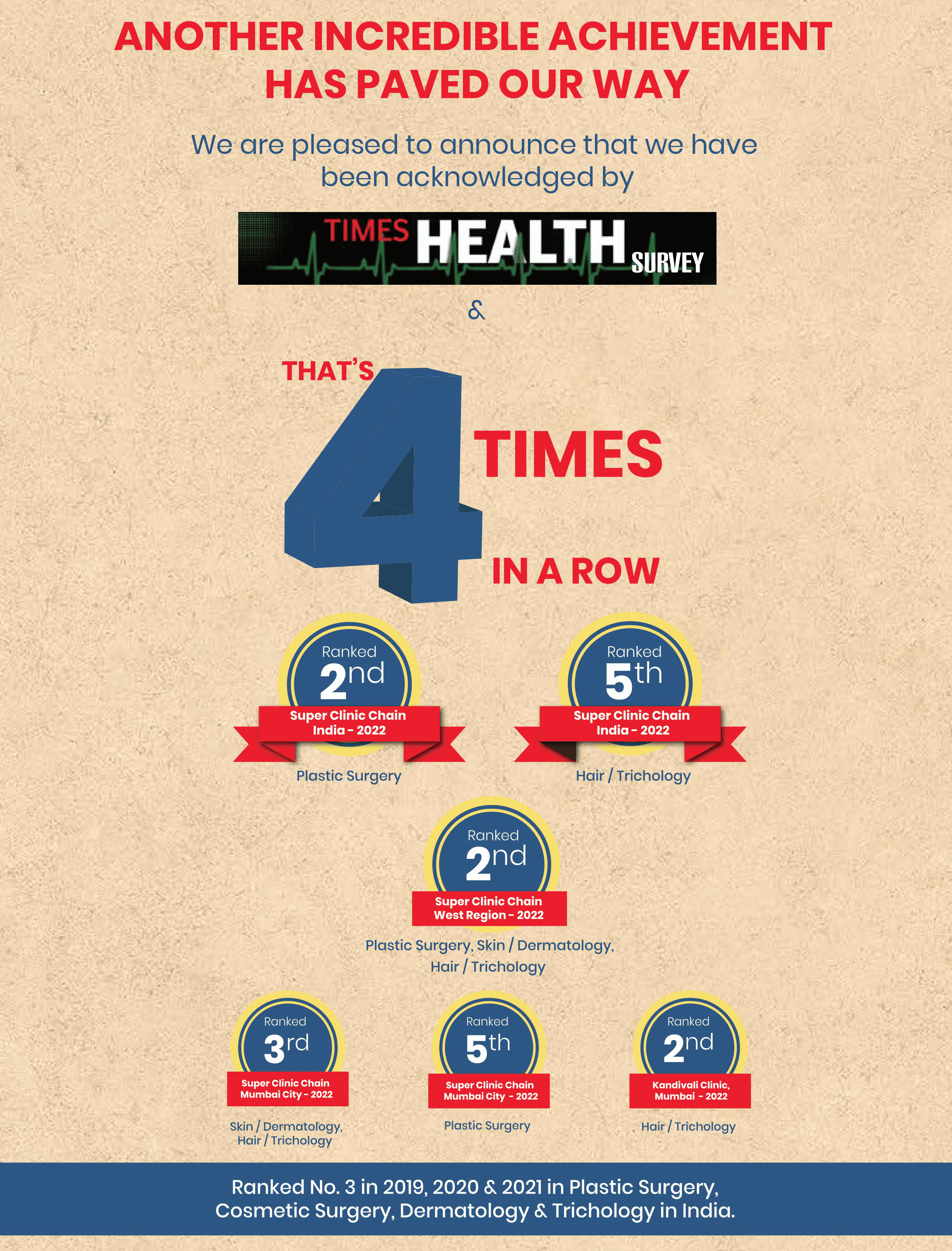Squamous cell carcinoma refers to a form of skin cancer that originates from the thin, flat cells of the outermost layer of the skin – the squamous cells. The cells usually line the skin as they are the closest to the epidermis. It should be noted that parts of the body such as the mucous membrane, urinary tract, and lungs also have squamous cells that could also develop cancer. Squamous cell carcinoma is reported to be the second most prevalent type of skin cancer, and it evolves as a result of DNA mutation that causes the irrepressible and/or abnormal multiplication of the cells concerned.
The primary causes of squamous cell carcinoma are mutations to the DNA of squamous cells, and these mutations are normally triggered by ultraviolet (UV) radiation from sunlight. Also, the cancer-causing radiation can be generated from products like tanning beds and tanning lamps; people who frequently use these accessories may eventually develop squamous cell carcinoma. Again, other genetic factors and impaired immune system may also contribute to the emergence of this particular skin disorder.
Squamous cell carcinoma normally develops on body parts like the head, face, neck, lips, ears, upper back, and hands which are often exposed to the sun. Ordinarily, this skin disorder is not life-threatening but may lead to severe consequences if left unaddressed. For this singular reason, it is advised that an individual that observes any of the symptoms associated with the disorder visit a top clinic for squamous cell carcinoma diagnosis and treatment subsequently. Individuals suffering from squamous cell carcinoma usually have scaly, warty skin with red patches and open sores. Emphatically speaking, early detection is key to preventing the spread [of this disorder]; this also boosts the chance of obtaining a significantly positive treatment outcome. Apart from the outermost skin surface, squamous cell carcinoma can spread to the lymph nodes, tissues, and bones.
Ultraviolet radiation from the sun is the number one risk factor in cases of squamous cell carcinoma. This means that persons who are constantly exposed to the sun – especially those that may be inhabiting areas with high/sunny temperatures – are more likely to develop squamous cell carcinoma. Besides this, however, other predisposing factors for squamous cell carcinoma include:
The signs and symptoms associated with squamous cell carcinoma include:
Squamous cell carcinoma is diagnosed through physical examination and a couple of tests. The physician will first ask about your past medical history and check your skin for any symptoms of squamous skin cancer. Furthermore, he/she will carry out a biopsy by cutting off some parts of the affected skin and running it through microscopic examination to confirm if cancerous cells are implicated in your condition.
The diagnostic examinations conducted will not only help the physician ascertain whether you have squamous cell carcinoma or not but also provide him/her a comprehensive report of the extent to which the cancerous growth has spread. This will be vital in designing an effective squamous cell carcinoma treatment course for you. Considering the significance of your appointment [with the physician] at this point in time, you can commit some time to prepare for the visit, write down the symptoms you have been having, and also other salient points about your health status.
Squamous cell carcinoma can be treated by either surgical or non-surgical means, or by using a combination of both therapies. The choice of treatment type may be dependent on the patient’s age, as well as the severity of a patient’s condition – but surgery is regarded as the best squamous cell carcinoma treatment. Radiation therapy is, however, adopted to treat patients who are considered ‘unfit’ to undergo surgical procedures. Photodynamic therapy, which entails the use of natural daylight or some special kind of light, has also been used for treating this skin cancer. Pharmacologic therapy is yet another option for treating squamous cell carcinoma. It involves the use of topical medications (such as imiquimod, 5-fluorouracil, and tazarotene), and oral drugs (such as vismodegib and sonidegib) being prescribed for patients.
Surgical Procedures for Squamous Cell Carcinoma Treatment in India
The surgical procedures adopted for treating squamous cell carcinoma are straightforward and can be done in-office. These surgeries are usually performed under local anaesthesia, and they include:
The attendant surgeon or medical specialist will give the patient certain instructions that must be taken to heart, and may also follow him/her (that is, the patient) for a couple of weeks to monitor the recovery. That apart, since the chances of recurrence cannot be ruled out in cases of squamous cell carcinoma, it is yet of equal importance that you adhere to the following instructions:
Squamous cell carcinoma should not be left to keep proliferating as this could lead to severe complications. You should reach out to the team of medical experts at The Esthetic Clinics nearby today. Our plastic surgeons are on hand to attend to your issue and work out an effective treatment regimen for you. More so, with Dr. Debraj Shome, a highly respected oculoplastic and cosmetic surgeon leading the team, you can be certain that you are in safe hands. It is our pride to see you have healthy skin without any blemishes.
It is important to evaluate your condition before the price of squamous cell carcinoma treatment can be given. Factors such as the severity of the condition, prescriptions, selected therapy and diagnosis will go a long way in determining your squamous cell carcinoma treatment cost.


Dr. Debraj Shome is Director and Co founder of The Esthetic Clinics. He has been rated amongst the top surgeons in India by multiple agencies. The Esthetic Clinics patients include many international and national celebrities who prefer to opt for facial cosmetic surgery and facial plastic surgery in Mumbai because The Esthetic Clinics has its headquarters there.






